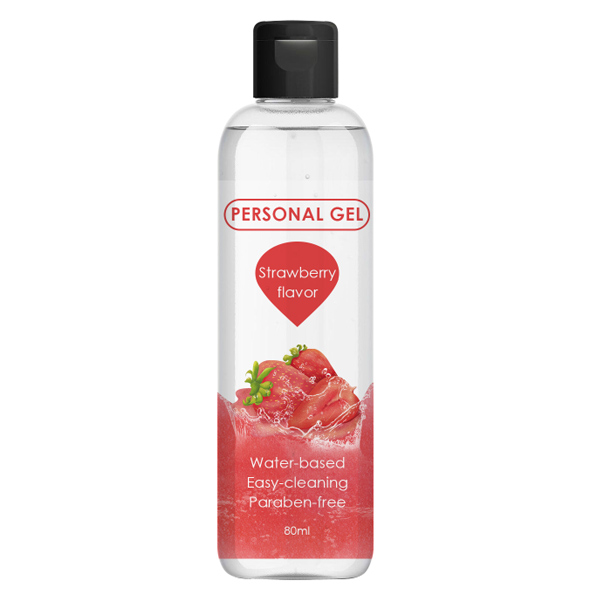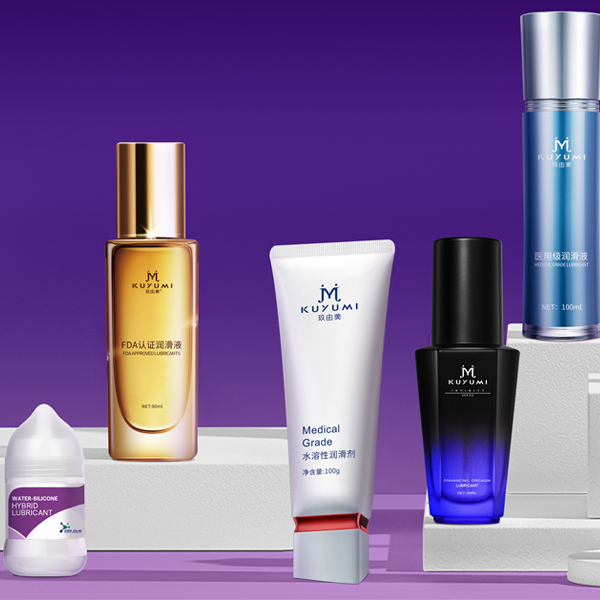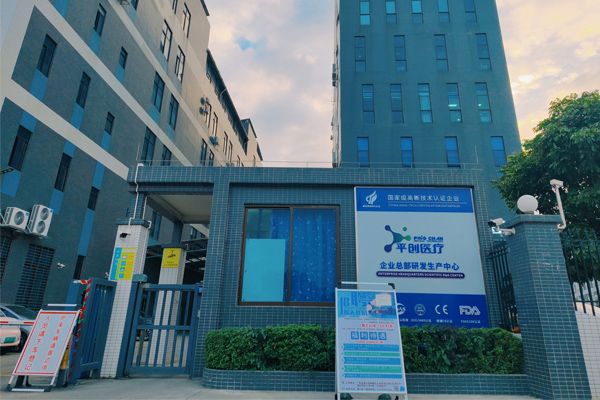In the medical field, the application of lubricating jelly extends far beyond merely enhancing comfort; it is crucial for procedural smoothness, patient safety, and the accuracy of diagnosis and treatment. Therefore, for specific medical scenarios such as gynecological examinations, endoscopic interventions, catheter insertions, and medical device assistance, the requirements for lubricants are extremely stringent and must meet Class II medical device management standards.

1.Foundation of Regulatory Compliance and Safety Assurance:
Class II medical devices are those whose safety and effectiveness should be controlled. The National Medical Products Administration implements strict registration management for such products. Enterprises must hold a "Medical Device Registration Certificate" and "Medical Device Production License" to produce and sell them. This means that from product design, raw material selection, and production processes to quality control, all must comply with national mandatory standards and relevant guidelines, ensuring the product's safety and effectiveness for its intended use.
2.Core Requirements for Sterility and Biocompatibility:
Many medical procedures have extremely high requirements for sterile environments to prevent cross-infection and postoperative complications. Lubricants meeting Class II medical device standards can, according to specific scenario needs, provide sterile-grade products. Their production process must be carried out in high-level cleanrooms (e.g., Class 100,000 or higher) and use reliable sterilization processes. At the same time, products must pass strict biocompatibility tests (such as cytotoxicity, sensitization, and irritation tests) to ensure safety when in contact with human tissues and no adverse reactions.

3.Targeted Formulation and Functional Customization:
Different medical scenarios have different performance priorities for lubricants. For example:
Endoscopic examinations: May require formulas with good visual clarity that do not interfere with device imaging.
Conductivity needs: Some electrophysiological examinations or treatments may require conductive lubricants.
Long-lasting lubrication: For procedures requiring extended operation time, lubricant durability is very important.
Specific pH value: For vaginal lubricants, maintaining the normal vaginal acid-base balance needs consideration.
Manufacturers with Class II medical device qualifications usually have more professional R&D capabilities to perform precise formulation customization based on these special needs.
4.Strict Quality Control and Traceability:
Medical device quality control systems (such as ISO 13485) require recording and monitoring of the entire production process, ensuring the stable and reliable quality of each batch of products, and a complete traceability system so that if problems occur, the source can be quickly traced.

Pingchuang Medical is deeply involved in the field of medical lubricants. It not only holds a Class II medical device registration certificate for medical lubricants and ISO 13485 certification but also has the capability to produce according to GMP standards in a Class 100,000 cleanroom. Pingchuang Medical can provide a full set of custom solutions from sterile formula development, specific function realization to compliant packaging based on your specific medical scenario needs, ensuring product quality through 21 quality inspection steps, comprehensively meeting the stringent requirements for personal lubricants in special medical scenarios.